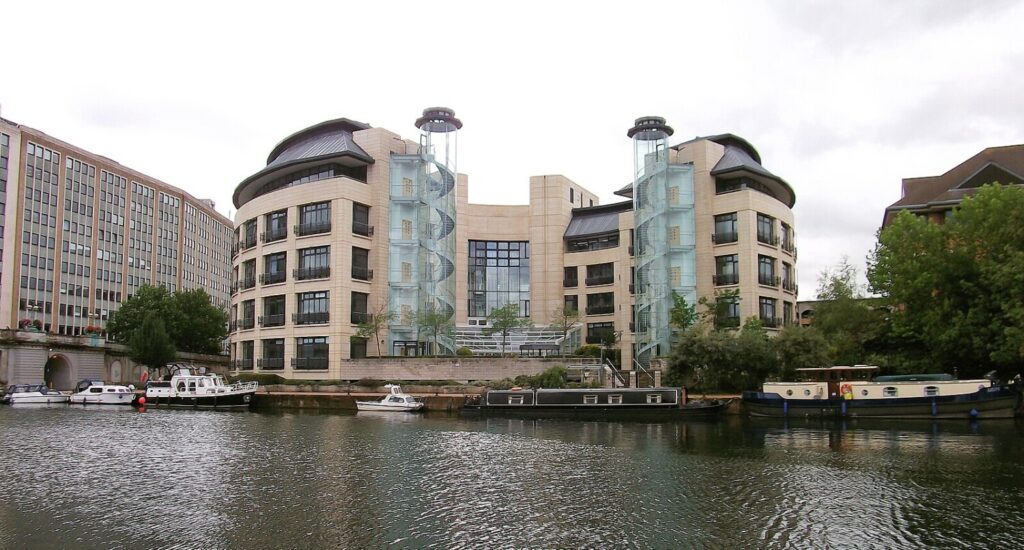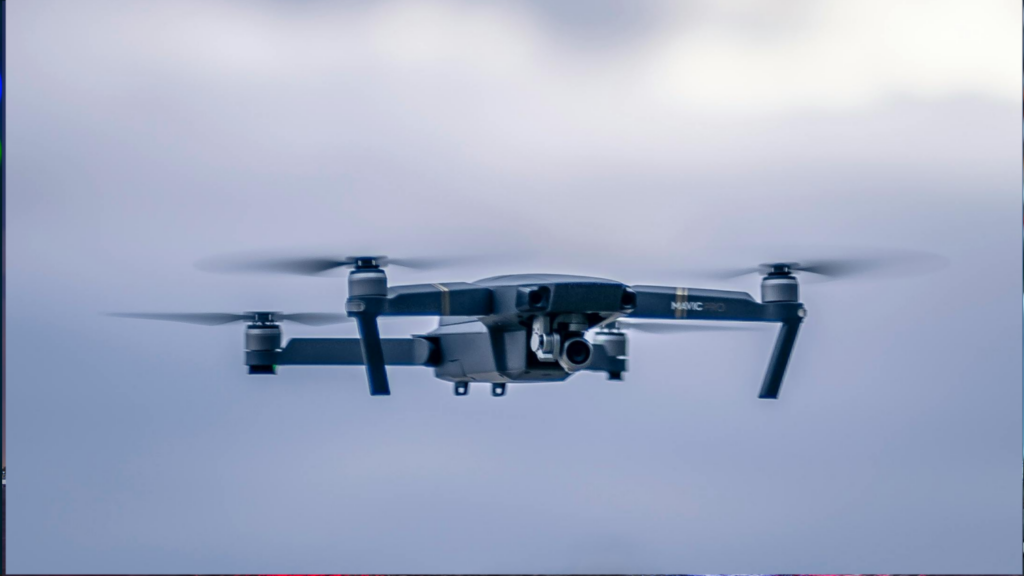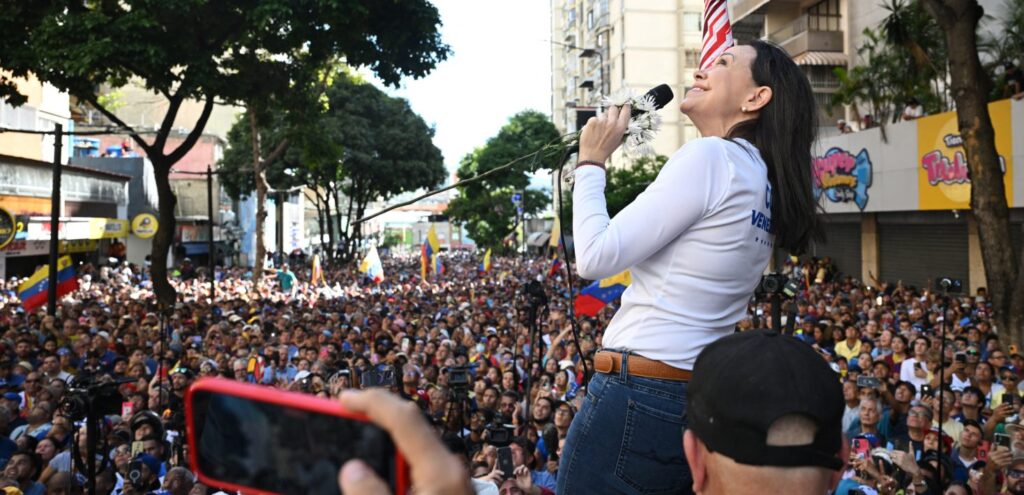Maritime Piracy: The Permanent Threat to Peace in the Hinterland of the Gulf of Guinea Countries
For some time now, we have seen that the focus on insecurity in Africa has been mainly driven by terrorism, political turmoil and organized crime. Contrariwise, it seems that one of the factors destabilizing land-based activity is maritime. Very often placed as a subordinate issue, maritime piracy continues to represent a significant problem for the countries of the Gulf of Guinea, and despite the fact that institutions have been put in place, we see the persistence of the threat.
The Gulf of Guinea is a part of the Atlantic Ocean that runs in a corner towards the center of the African continent, stretching 5,700 kilometers from the coasts of Cape Verde to Angola in the North, from Senegal to the South, and passing through Nigeria.[1] The zone includes about ten countries and is the main transit point and facilitator of the region’s rapid economic growth, which has averaged 7% since 2012. As a resource of exploitation, among others, five (05) of the nine million barrels of oil produced daily in Africa come from it. Roughly speaking, we can affirm that this plate represents an economic invigorator that contributes greatly to the development of the countries of the region. Unfortunately, because of the increase and persistence of maritime piracy that abounds in this area, everything leads us to believe that political and economic peace in some countries of Central and West Africa will undeniably continue to be threatened by this scourge if concrete actions are not taken.
Indeed, estimates of the annual cost of piracy for the Gulf of Guinea range from $565 million to $2 billion[2], and this in the knowledge that the strategic development plans of many countries in the region foresee that 60% of their budgetary revenues will come from hydrocarbons coming from the Gulf or passing in transit through it, the causality between the increase and flow of trade and the increase in the threat is obviating. In 2009, there was a 50% increase in piracy in the Gulf of Guinea, this part of the globe thus becoming the new epicenter of world piracy, in front of the Gulf of Aden, off the coast of Somalia. According to the International Maritime Bureau’s report, kidnappings at sea account for more than 90% of all cases reported worldwide and occurred in the Gulf of Guinea, where 121 cases of kidnapped crews were recorded in 2019 compared to 78 in 2018. For West Africa alone (which makes up the majority of the countries in the Gulf of Guinea), the report “Oceans Beyond Piracy” by the US NGO One Earth Future’s estimates that the losses recorded will peak at up to $818 million (‘736 million) in 2017 alone. It is quite conceivable that the extraction in the revenues of these countries could cause economic, social-political, and obviously security damage in these countries.
Fig 1: Kidnapping at the Gulf of Guinea 2008-2009 (International Maritime Bureau’s report)
Fig2: Kidnappings in the world (Le Monde 2020)
Out of the top ten (10) oil producing countries in Africa, five (05) are in the Gulf of Guinea, and amongst, Nigeria and Angola are the first two, with respectively 1,999,885, and 1,769,615 barrel/day. Then, the republic of the Congo with 308,363 barrel/day in the sixth (06) positions, Equatorial Guinea in the seventh (07) position with 227000 barrel/day, and finally Gabon in the ninth (09) position with 210,820 barrel/day. In addition to those in the top ten’s club, Ghana ranks twelfth (12) with 100,549 barrel/day, and Cameroon thirteen (13) with 93, 205 barrel/day.[3] One can thus understand the Geostrategic place that the Gulf of Guinea is for the continent.
Fig 3: Top 18 oil-producing countries in Africa. Trading Economics
The difficulty in finding a common front to diminish or even eradicate this problem stems from the divergences between the multiple jurisdictions of the countries. The principle of sovereignty dear to each state especially in the context of geopolitics, makes it hard for different countries not to harmonize jurisdictions as they each encounter their own personal difficulties. The climate of mistrust and tension that prevails between these different countries is also well known, including disputes over the definition of maritime borders that complicate relations between Angola and the Democratic Republic of Congo, Gabon and Equatorial Guinea, and Nigeria and Cameroon.
However, a draft solution had been found to counter maritime piracy and to preserve security in the area. Thus, the states of the Gulf of Guinea have decided to create a regional structure to prevent piracy in the region. It is therefore in 2013 in Yaoundé the regional summit was launched. This much-awaited summit brought together 22 countries, including the Economic Community of West African States (ECOWAS), the Economic Community of Central African States (ECCAS), and theGulf of Guinea Commission (GGC). Amongst other resolution, there was the establishment of an Interregional Coordination Center (ICC) to implement the regional maritime safety and security strategy.
Regional action is complicated by the existence of two distinct regional organizations: ECCAS and ECOWAS, because divergence and preponderance issues. In addition The Gulf of Guinea Commission (GGC) has not been optimal since its creation in 2001. This institutional and geographical division of the Gulf of Guinea leads de facto to duplication of activities and coordination efforts not only between States but also between regional organizations.
Furthermore, the security architecture benefits from foreign contributions (Japan, China, the United Kingdom, etc.) to the common fund set up by the International Maritime Organization. The unresolved issue of the funding explains that the ICC in Yaoundé – supposed to be operational since July 2014 – and CRESMAC in Pointe-Noire are still not operational.
Sates must adopt the necessary legal tools to incriminate, prosecute and punish acts of piracy and armed robbery at sea, in accordance with international law. International law thus provides a framework for the repression of acts of piracy and armed robbery, but transposition into domestic law has not yet been done in several countries of the Gulf of Guinea. The absence of codification and harmonization of national regulations, render the collaboration complicated.
In order to be effective, the regional maritime security strategy must include a prevention component that simultaneously addresses the source of piracy (economic crime) and the source of the state’s inability to curb maritime insecurity (corruption, institutional weaknesses and the role of foreign oil companies), all within the framework of regional and international cooperation. This could also include: profiling pirate networks, injecting the necessary means, cooperation between national navies, and harmonization of repression, maritime space management, and relations with partners, targeted economic development of the coastal zone.
Finally, United Nations specialized agencies such as United Nations Office for Drugs and Crime Prevention (UNODC), International Maritime Organization (IMO) and INTERPOL and so forth should assist or help with their capacities, technical knowhow as well as facilities to checkmate the pirate activities in the region.[4]
In conclusion, it is seen that the phenomenon of maritime piracy persists and is increasing. Since the economies of our countries, as well as political stability are directly concerned, it is important for African states to restructure or revitalize these promising structures which are clearly struggling to take off.
Footnotes
[1] Agence France-Press, “Pirates kidnap 6 crewmen from 2 fishing boats off Gabon: source”, News24, May 5th, 2020.
[2], Adeniyi Adejim Osinowo. “Combating Piracy in the Golf of Guinea”, Africa Center for Strategic Studies, 2015. Accessed December 7, 2020.
[3] Us Energy Information Administration, “Production of Crude Oil including Lease Condensate 2019″
[4] https://www.unodc.org/unodc/en/donors/partnership/unagencies.html



